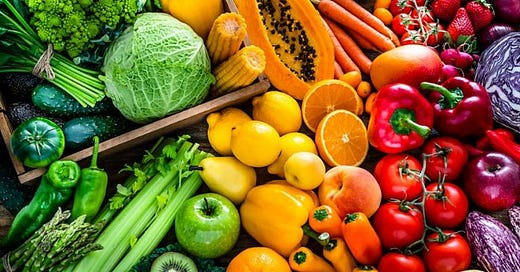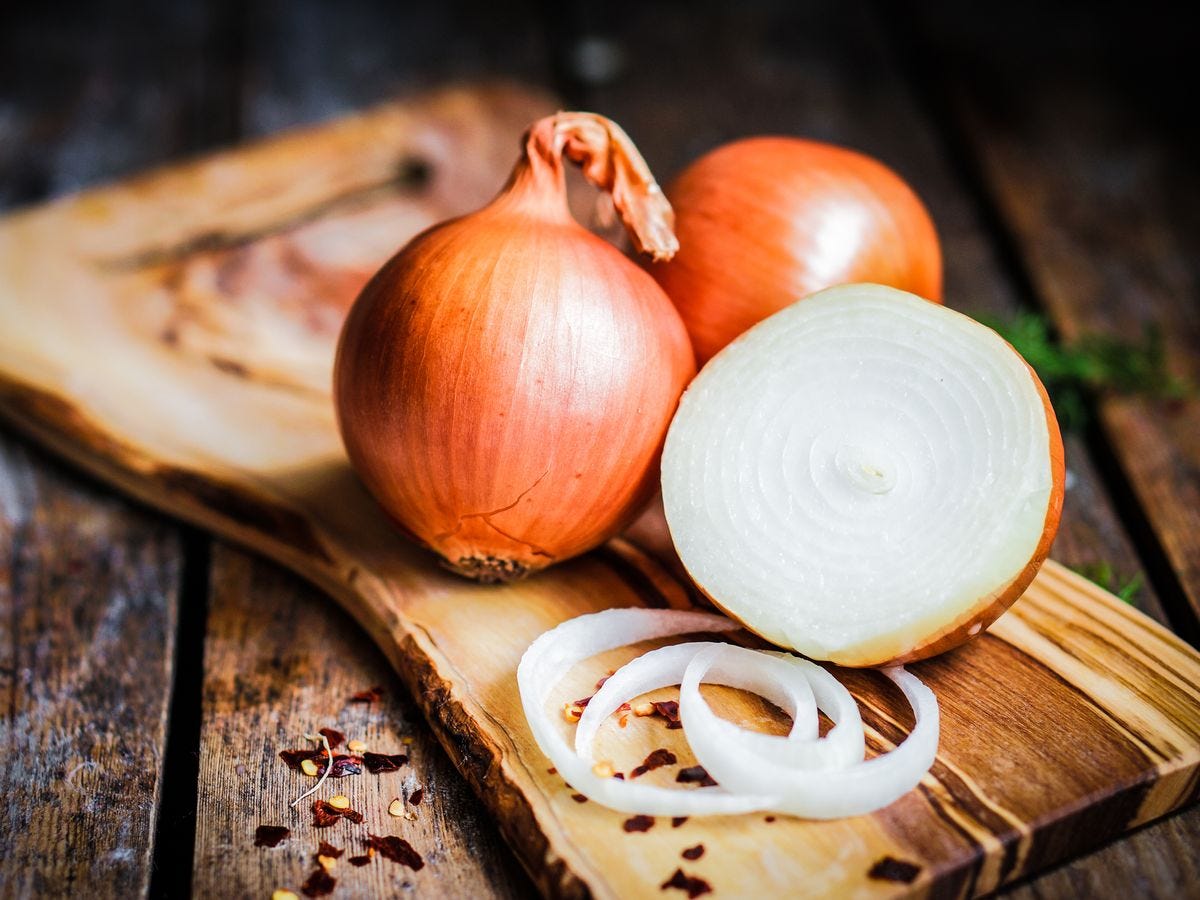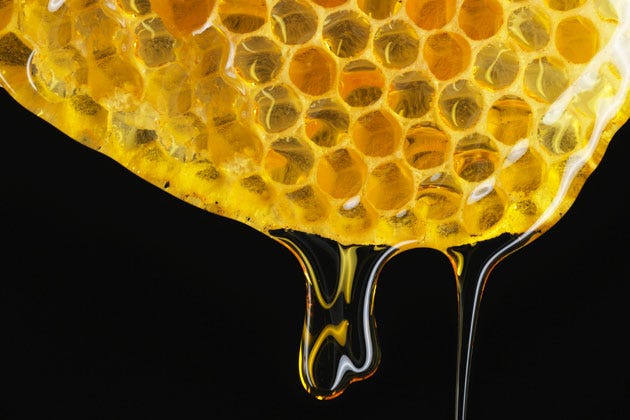Life is full of delectable things that, ravishing the soul if taken as they stand, become a torment and an abomination if watered down. These robust and elemental things are as old as the world and as universal as man; they are too basic and vivid to humble their pride or compromise their own distinctive glory.
I.
There are experiences so primary and sensations so fundamental that they appear equally to men of all kinds, colours and conditions and will affect those whose ears are assailed by the shocks of doom exactly as they affected the primitive occupants of the planet. The exquisite shock of the bather as his naked body plunges into the flowing tide; the instinctive recoil on beholding a dead body; the delicious thrill with which a lover presses for the first time his lady’s lips; the terrifying roar of a lion; the sight of a blazing building, the flaunting scarlet of a poppy and the distinctive flavour of an onion; these are among the world’s most characteristic qualities, the things that decline to be modified or changed. You might as well ask for an ice cream with the chill off it as ask for a diluted edition of any of these lusty and unadulterable things.
Isaak Walton became almost lyrical when he praised the God who created strawberries but William Morris was scarcely less rhapsodical when he raised his doxology to the God who invented onions. The singular thing is that, however a man may dote on onions, he detests things that are oniony. Give him onions and he will devour them with relish. But, through some slip in the kitchen, let his porridge or his tea taste of onions and his wry face is a spectacle for men and angels.
II.
Cecil Holloway, the Kentish apiarist, tells how one Summer, he was in great glee at the immense stores of honey that his bees were collecting. Then, one dreadful day, a dainty little square of comb, oozing with the exuding fluid, was placed on the table. Horror soon sat on every face. The bees had discovered a large onion plantation and had gathered their abundant stores from that malodorous source. What could be more revolting, even to a lover of onions, than onion honey?
The best things in life must be administered to us as they are; to dilute their piquancy, is to annihilate their charm. It is just because Christianity itself is so distinctive, so outstanding, so unique a thing that we insist on it being unadulterated. The more closely it adheres to its primitive pattern, the more powerfully it appeals to us. The man who waters down his religion, is like the shivering bather who, feeling the cold, cold water tickling his toes, cannot muster the courage to plunge; he is like the man who wants an ice cream with the chill off; he resembles the unhappy diner who pulls grimaces over his oniony honey or pushes aside his cup of oniony tea.
III.
Salt, as a small boy explained in the course of his school composition, salt is that which makes potatoes very nasty if you have none of it with them. In the days of the world’s infancy, a shrewd philosopher said exactly the same thing, except that he employed, as the symbol of insipidity, not the saltless potatoes, but the white of an egg. Tortured in body and bewildered in mind, Job listened patiently to the vapid platitudes that his fluent friends offered for his consolation. Then, sick to death of the insipid truisms that they so glibly enunciated, he turned upon them with the abrupt inquiry: “Is there any taste in the white of an egg?” The whole thing lacked piquancy, pungency, snap, vim, bite.
Sir J R Seeley wrote his famous “Ecce Homo” to show that an insipid religion is utterly unsuited to a world like ours. It may be expounded with superlative culture and masterly rhetoric but when the last echo of its eloquence trembles into silence, men cry with Hamlet:
O God! O God!
How weary, stale, flat and unprofitable!
The Bible itself closes on this note. It condemns luke-warmness, tastelessness, insipidity. Men need a faith with a tang in it. An insipid creed is a mockery to sufferers like Job. An insipid and dreary sermon is the pulpit’s unpardonable sin. Religion, to be piquant and satisfying, must stand directly related to human life and human labour, human laughter and human tears.







